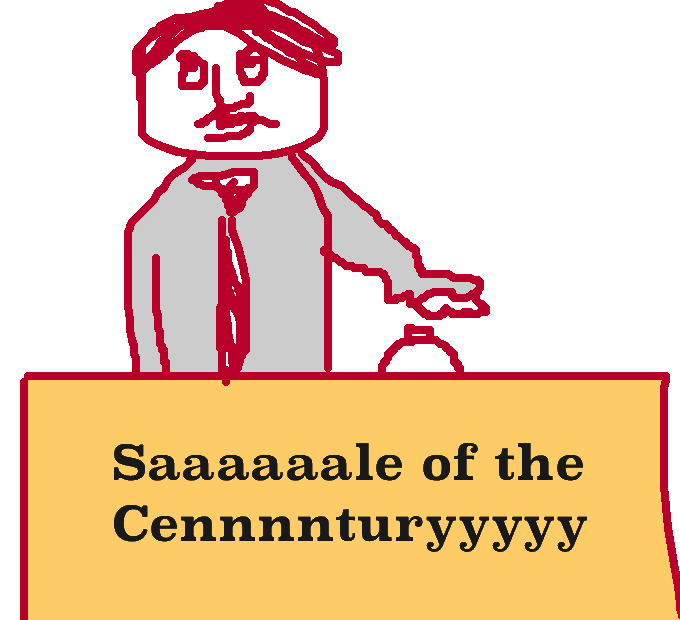Jimmy Liu has been banned: Why was Jimmy Liu (who changed his name to Jay Liu) banned? Is this because of name change? What do you think about it?
Among the responses to Do you think that Quora should have a method to protest a ban? is Kang-Lin Cheng’s:
If you want to “protest” the ban, the best thing any of us can do is to leave this site forever. A lot of people who had respect for Quora, if they live up to their word about how angry they are at Jimmy Liu’s ban, should do so if that’s what they believe.
I’m not leaving Quora quite yet. But following the precedent established in #RunOverPedestriansGate (Srikar Vallabhaneni’s answer to What are some of the most controversial answers ever written on Quora?), I am taking a two-week break from posting.
As so many did at the time: The Emperor Has No Clothes by Rass Bariaw on Rage against Quora.
It’s Quora’s rules, it’s Quora’s site. We have no stake in the company, and we have no real influence over its decision-making. (Posting to Rage against Quora is of dubious value, but I have submitted at least a post there.)
The only value we contribute to Quora the company (as opposed to Quora the Tribe, h/t I’m taking a voluntary break from Quora while I reassess my future here by Scott Welch) is our participation in Quora. Which we can chose to withhold.
Even if it’s meaningless to, even if it’s just a symbolic gesture. Per Lyonel Perabo’s answer:
He was banned because Quora is a private venture and in exchange for using it for free, we have to agree on and realize that we don’t have a say about the way the network works. […] We’re just non-paying users. Some of us have the ability to possibly bring some money to the company because of our content being featured on the platform, but that doesn’t mean that we get to have a piece of the pie. It’s a social network in a capitalistic system, that’s the way it works.
Going on a two week strike is a symbolic gesture I can live with. I don’t know that it will make a difference. It likely won’t. But I need to be able to look myself in the mirror. One of my tribe has been picked off, with no stated rationale, and a guessed-at rationale that I think is trumped.
I cannot not stand by and say it’s fine.

